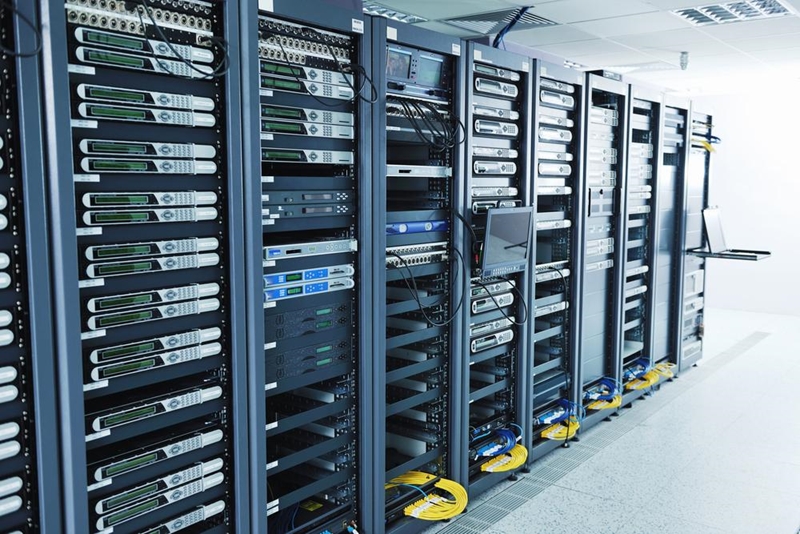The cloud versus on-site servers: Which is better for you?
There's no question that cloud computing has vastly changed the way we do business. Not just in the IT sector either – companies in all industries are utilising this new technology. Prior to the cloud, most businesses kept their records on either in-house or rented physical servers. This older tech is not without its strengths, but is still relatively cumbersome and demands a lot of space.
If you're considering moving from on-site servers to the cloud, or wondering what will suit your new enterprise, you'll want to weigh up the pros and cons of both.
Benefits of in house servers
One of the primary reasons people prefer in-house servers is that they are physically on site. You have control of your servers and dedicated IT personnel to manage it. This way, your critical data remains in-house where you can "keep an eye on it" and no third party can gain unlawful access if they are not inside your facility. You can also access your data without the need for an internet connection, which is a bonus to many companies.

The problem with in–house servers
The investment you'll need to make in hardware and infrastructure if you decide to get in-house servers will be a large one. While many larger companies see this as necessary expenditure and won't struggle with a return on investment, smaller businesses often struggle to justify the enormous upfront cost of physical servers.
Space is also a concern. Depending on the size of your organisation, you'll have a minimum required storage capacity, and the servers will need to be physically stored on your premises. Again, not a problem for larger companies, but for the smaller ones finding that initial space can be difficult.
With no uptime guarantees, increased energy costs, and the potential for data loss in emergencies, the risks may very well outweigh the gains.
Benefits of the cloud
If your company is growing fast, you would likely outgrow your physical storage capacity very quickly.
Since the cloud is internet-based there is no need for hefty hardware purchases. Cloud services are easily scalable if more space is necessary. If your company is growing fast, you would likely outgrow your physical storage capacity very quickly.
Workers can access company networks and data from any location. As many new businesses are moving away from traditional office settings, this is a huge boost to workflow. Data is frequently backed up, and most cloud services charge only for what you use.
Drawbacks to using the cloud
While a slow internet connection can reduce the speed at which data is accessed, this is less of an issues as stronger connections are gradually rolled out. The primary concern seems to be around security – the fear that third parties can access data. This is only a concern if you're not sure what you're doing. We suggest using a managed service from a company who has the know-how to keep your data online and safe from breaches.
For more information on LOOKUP.COM's managed services and managed security, contact us today.
